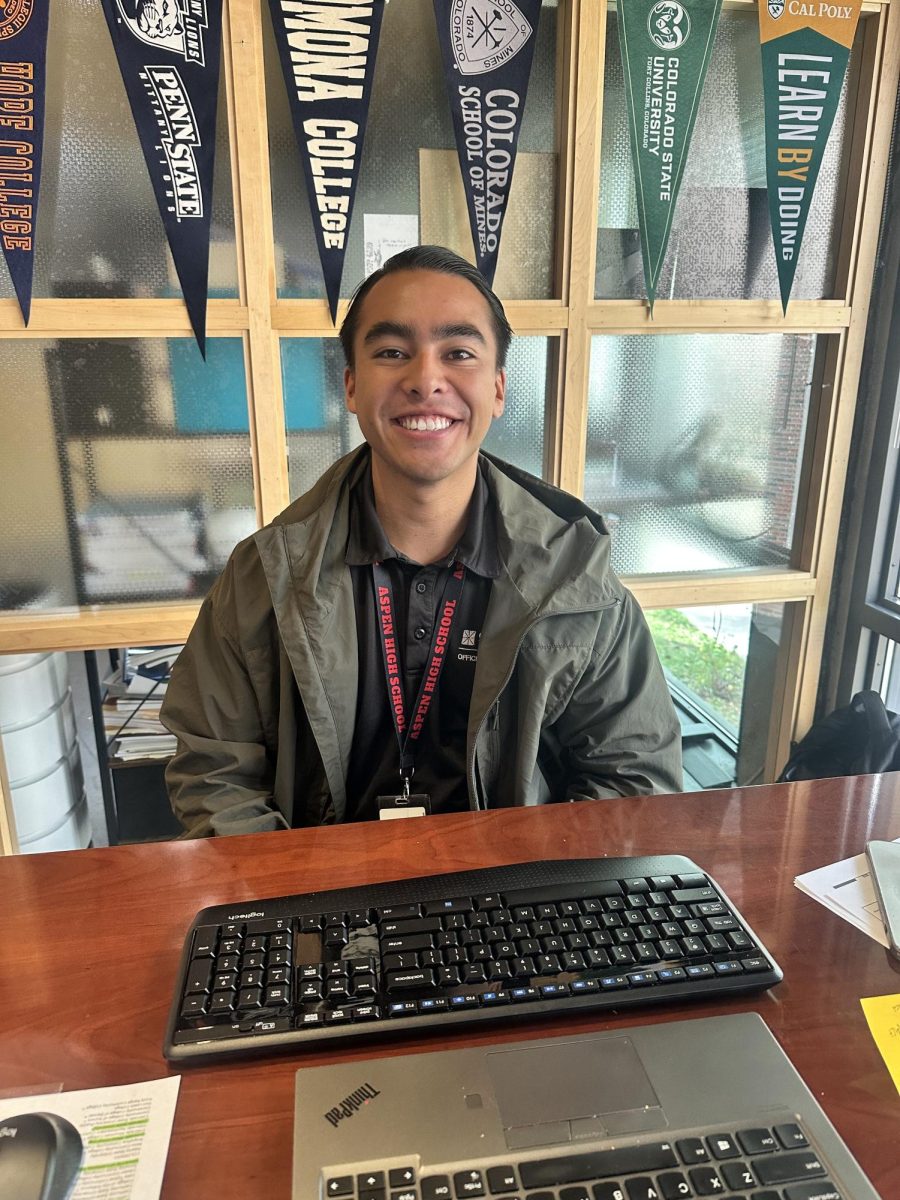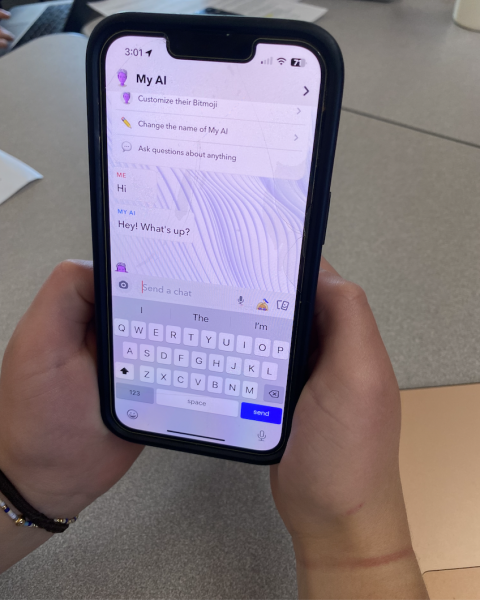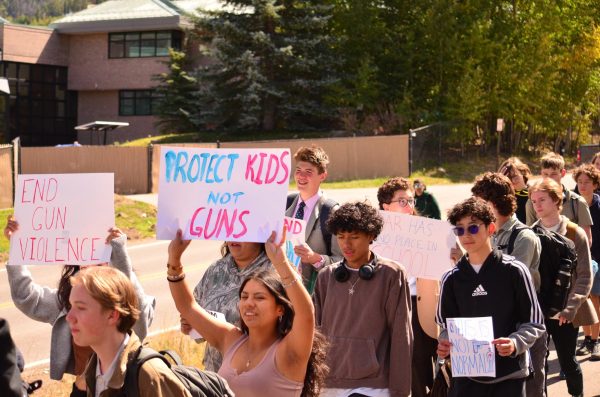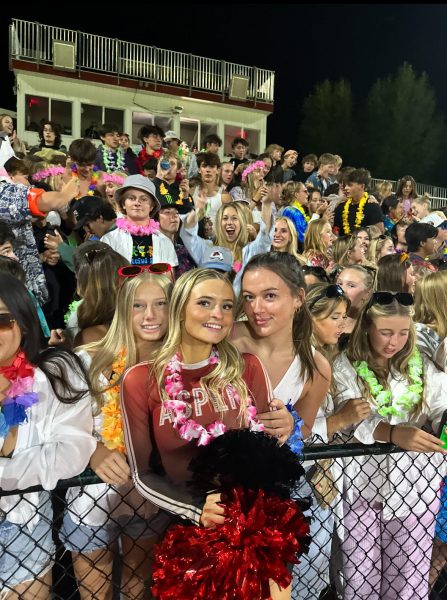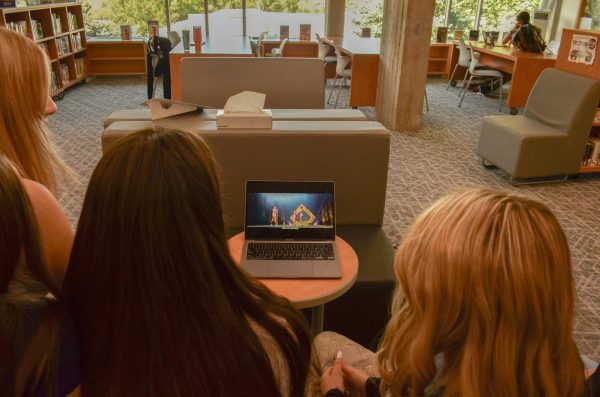Editorial: Multicultural Failures in America
Since its inception, America has been built on the back of oppression, with our economy and infrastructure gained from generations of exploiting African Americans and other minorities for forced and underpaid labor, and both ethnic and religious persecution. While the endemic, medieval-like slaughter of oppressed groups, such as during the Mexican-American War, has lessened severely in the US, the enormous legacy, maintained by current systemic inequality, continues to be erased in our nation.
America observes multiculturalism through holidays and designated times of the year during which people celebrate the history of many minority groups. However, this fails to truly commemorate and educate the struggles of oppressed groups throughout American history. The basis of our education system and governmental structure fails to adequately address the massive issues at play.
The idea of holidays or months like Black History Month attempt to celebrate and support minorities, but more inclusive and effective methods are severely lacking. Florida recently banned AP African American Studies, a new course being piloted around the country, citing that it “severely lacked educational value.” America’s educational system needs reform to be more effective in educating younger generations and inciting reform in the future. Banning necessary classes is a step in the wrong direction.
With America’s history being wracked with violence and genocide, especially of ethnic minorities, there is much to be taught in schools and to the American population about our history and what the benefits, resources, and privileges of our lives are built on. State curriculums glaze over much of America’s history, especially that of our major injustices dealt to minorities. Atrocities have also been committed by Americans all over the world to almost every group of people, such as chemical warfare in Vietnam.
The US history curriculum provides a partial, superficial understanding to some extent, such as covering the purging of Native Americans and major names and events in African American history, but the perspectives of many groups, and nuances, legacy, and continuation, are largely ignored despite their significance, as well as many massive persecutions being barely included if they are even mentioned at all.
Tameira Wilson, an AHS social studies teacher notices the lack of inclusivity in AHS curriculum specifically.
“I think that there just has to be intentionality on making sure we are highlighting the stories of all, and I think that goes across the board,” Wilson said.
Several months of the year have been designated to celebrate and teach about minority groups and their history. However, the goal is not well executed. A more robust and extensive education of minority groups across the board would be a far more effective way to educate younger generations, leading to better awareness in the future.
“The idea of having months that celebrate groups is important so that groups are not forgotten in history until we become a more equal and equitable society,” Wilson said. “The goal should be to have one history that incorporates all of the people that actually contribute to that history. But until that curriculum is promoted nationwide, there’s a necessity to have special months. I think the difficulty with having special months is, ‘does that give people permission to only care about those groups during that month?’”
Locally, people struggle with understanding the ideas put forward in multicultural education. Living in a bubble like Aspen, which is almost 89% white, people can experience a culture shock only by traveling to more diverse parts of the US, and Aspen lacks emphasis on minority voices.
“The other problem is that we’re not a very diverse community and I do mean ethnic diversity…however, in general, we’re not a very diverse population and when you lack that diversity, you lack any connection to those cultures whatsoever,” Wilson said. “So it seems very foreign, when it really shouldn’t. Hispanic Heritage Month, African American History Month, Asian American, Pacific Islander month shouldn’t feel like a foreign experience.”





